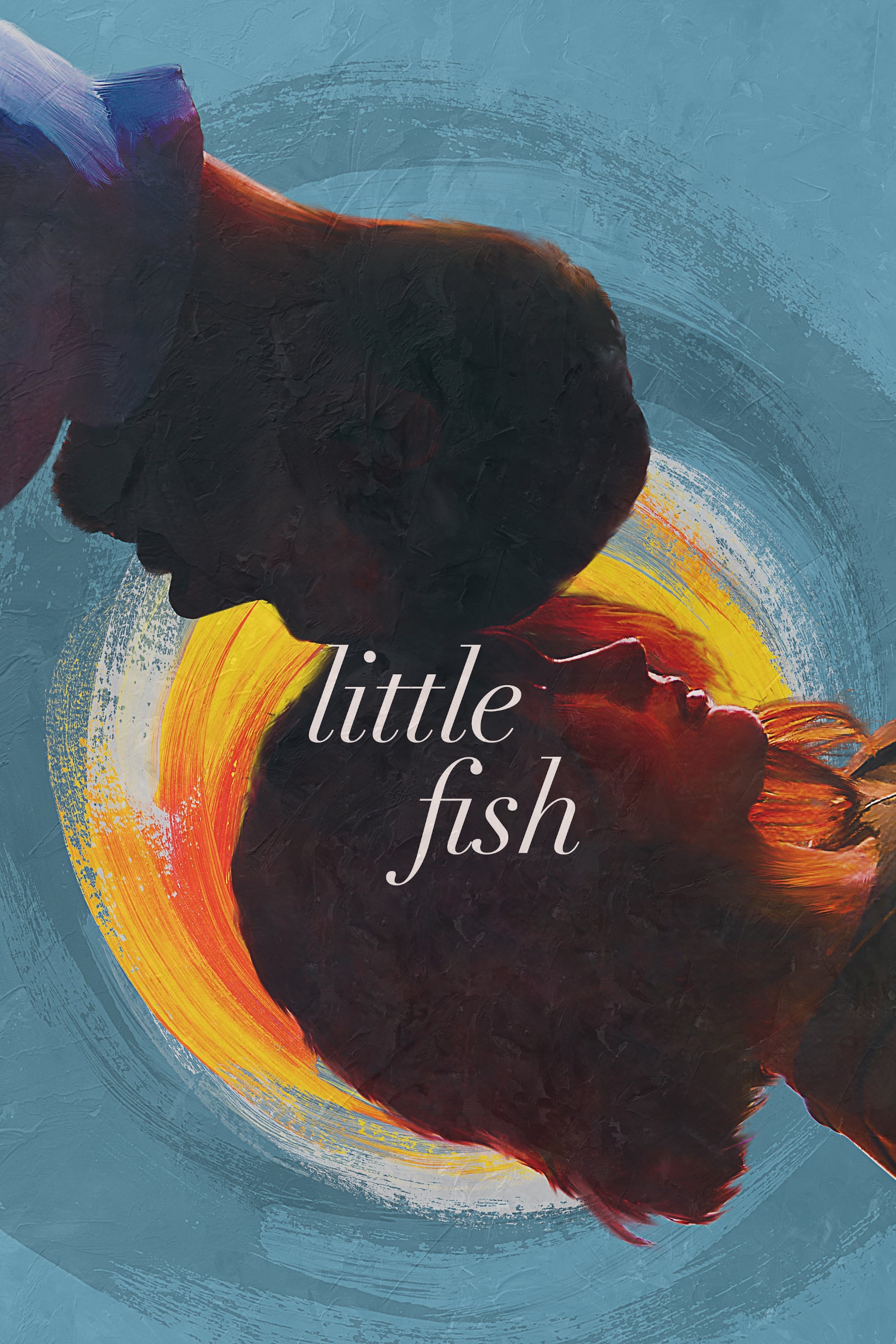Love Not in Vain- ‘Little Fish’
Taste in films is subjective, and there has always been a difference between quality and likability for me. A film can be good, one I’ve enjoyed, both, or neither. Because of this established understanding, I have always enjoyed noting the good films that I did not like. A film that used to be in this collection was the romance sci-fi ‘Eternal Sunshine of a Spotless Mind’, only removed after a third viewing when I learned to appreciate it more. Even so, I was—and still am—frustrated that I never fully enjoyed the film. I think the story should be captivating, the characters are quirky, and it attempts to examine love in a unique way; yet the film has had practically no impact on me. I want to emphasise that this is a subjective opinion that surprises me as much as it surprises the film's fans, to whom I have also expressed this.
This context is relevant to understanding my excitement when I was introduced to Chad Hartigan’s ‘Little Fish’, which similarly tells a love story set in a sci-fi dystopia. ‘Little Fish’ follows the heartfelt romance of Emma and Jude, who find their relationship tearing apart due to a neuroinflammatory affliction (or NIA) pandemic that causes the infected to lose their memories. Over the 101-minute runtime, we learn of their wholesome love story, witness Jude’s memory of it fade away, and see Emma fight relentlessly to salvage what’s slipping away. ‘Little Fish’ to me is what ‘Eternal Sunshine of a Spotless Mind’ is to others.
Based on the short story written by Aja Gabel (which I also highly recommend), it was brought to life so beautifully and viscerally by the performances of Olivia Cooke and Jack O’Connell. Their chemistry is unmatched. I am aware that I am a definite romantic at heart, but I was immediately captivated by Emma and Jude’s relationship, rooting for them and becoming emotionally invested in their journey to the extent that I was not in a very good mental state during the final credit sequence.
There are many extremely well-written and performed romantic stories in cinema, but few I have found to be equally matched by the technical side of filmmaking. This film looked stunning. Specifically, cinematographer Sean McElwee absolutely nailed the lighting. It effectively illustrated the progression and regression of their relationship, using contrasting warmth and cool tones to seamlessly symbolise their love and forgetfulness. This, coupled with the non-linear editing style, added layer after layer to their relationship while simultaneously forcing us to watch as each layer was erased from Jude’s memory.
In all forms of art, I have always been interested in how it attempts to represent and unpick love. My consumption of it has grown with me and changed as I, too, have been shaped by my own experiences with love and those bittersweet near misses. I am also a sentimental collector of things that preserve feelings for me. While watching—and crying my way through—'Little Fish’, my mind kept returning to my favourite poem that echoed the debilitating joy and pain of love. So, like how the film left me with the most painful line, I am going to end this review with part of the poem:
I envy not in any moods
The captive void of noble rage,
The linnet born within the cage,
That never knew the summer woods:
I envy not the beast that takes
His license in the field of time,
Unfetter'd by the sense of crime,
To whom a conscience never wakes;
Nor, what may count itself as blest,
The heart that never plighted troth
But stagnates in the weeds of sloth;
Nor any want-begotten rest.
I hold it true, whate'er befall;
I feel it, when I sorrow most;
'Tis better to have loved and lost
Than never to have loved at all.
-Tennyson, In Memoriam A. H. H. OBIIT MDCCCXXXIII: 27

Evie 16 October 2024
Comments
Post a Comment